Can gender beat biology?
FINA’s trans ban may have changed the landscape forever. But how did women in sport become a ‘culture war’?
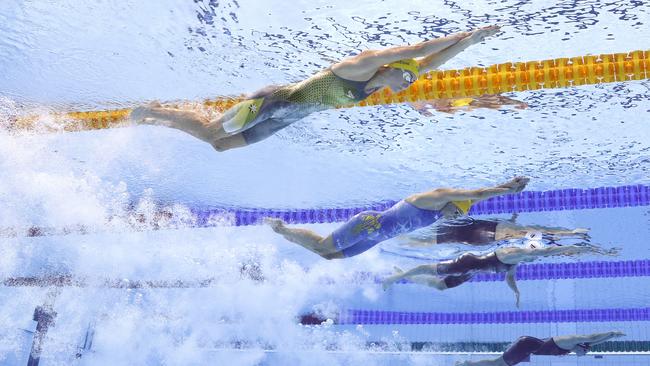
Martina Navratilova has been dubbed a “TERF”, a “transphobe”, and she says trans activists have directly threatened her tennis commentary employment at the BBC and the Tennis Channel.
One of the greatest tennis players of all time told The Weekend Australian this week that the campaign waged against her and fellow prolific female athletes including Olympic swimmer Sharron Davies for their stance that trans women should not compete against female athletes at an elite level had been “toxic”.
“It’s been pretty vicious,” Navratilova said.
Meanwhile, Olympic swim champion turned Australian Sports Commission chief executive Kieren Perkins warned of the “human carnage” should Australian sports follow the lead of swimming’s governing body FINA, which has now banned transgender women from competing at the Olympics and world level.
Perkins said while he welcomed some aspects of the FINA ruling, he raised serious questions for the trickle-down effect of the blanket ban to a community level.
The issue of trans women competing in elite sport has, and remains, an incredibly divisive topic that has produced a fractious debate, which hit new levels this week when FINA made its landmark decision on Monday.
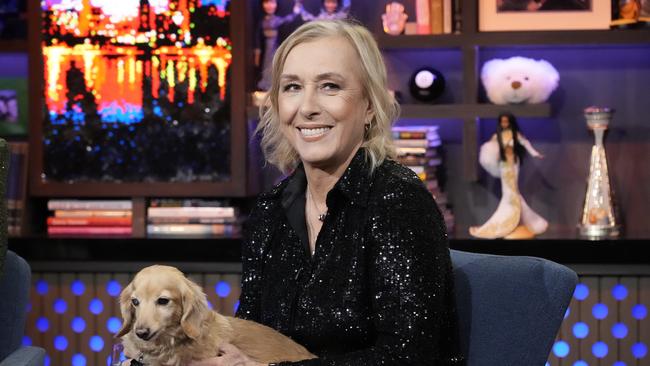
FINA has possibly changed the world of sport forever with its decision to outright ban transgender women, immediately triggering a wave of other sporting governing bodies to review their policies.
The International Rugby League moved immediately to ban trans women athletes from a world cup level, while World Athletics, the soccer body FIFA, the International Hockey Federation, World Triathlon and the World Netball Federation have said they will take a harder look at their policies.
World Athletics boss Sebastian Coe, one of the most prolific and vocal voices on this issue recently, told The Weekend Australian: “If there is a conflict between fairness and inclusion in the female category, we will always choose fairness.”
This week, following the FINA, call, he alluded to his sport possibly tightening its rules even further.
“We see an international federation (FINA) asserting its primacy in setting rules, regulations and policies that are in the best interest of its sport,” a World Athletics statement to The Weekend Australian read.
“This is as it should be. We have always believed, and repeated constantly, that biology trumps gender and we will continue to review our regulations in line with this.”
But organisations such as Athlete Ally, a US-based LGBTQI+ sports group, slammed FINA’s decision for policing “the bodies of all women” and calling it “deeply discriminatory, harmful, unscientific”.
Anna Brown, chief executive of Equality Australia, told The Weekend Australian “blanket bans” were harmful. “Blanket bans on women who are trans playing against other women risk violating international human rights principles of non-discrimination, which require such policies to start from a place of inclusion unless an exclusion can be justified as proportionate to any risks identified,” Brown said.
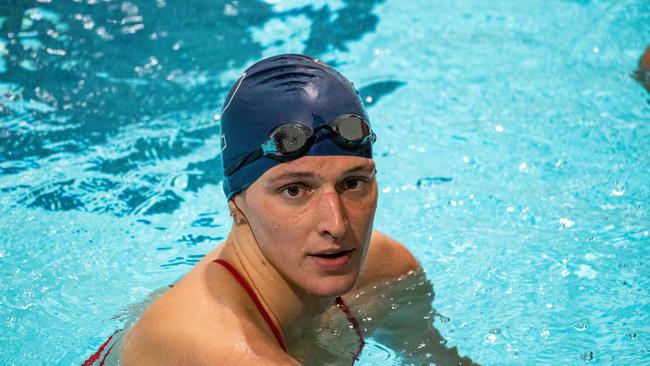
“There are currently no known trans swimmers competing at the elite level. Given this, we hope that FINA will place its policy under immediate review, to ensure compliance with human rights principles.”
But how did it all come to this? How, as some athletes privately have been asking, did the question of women in sport become a “culture war”? And what is fair?
The extreme trigger was the rise of Lia Thomas in March earlier this year. She is a US transgender swimmer who made history when she won the 500-yard title at the NCAA championships in the US.
Shortly after that victory Thomas disclosed that she had the 2024 Paris Olympics in her sights.
“It’s been a goal of mine to swim at Olympic trials for a very long time, and I would love to see that through,” Thomas told US television network ABC in May. She also said; “Trans women are not a threat to women’s sports.”
Thomas had played by the NCAA rules regarding trans athletes and had been on medication to suppress her testosterone levels for a number of years. Still, even before she took the blocks there was discomfort around her presence. Olympic great Michael Phelps noted there needed to be an “even playing field” within the sport when the Thomas scenario was raised to him.
Unrest among Ivy League college swimmers and their parents brewed in the forms of letters of protest. “As parents of Ivy League swimmers, from men’s and women’s teams across the league, we have witnessed first-hand the utter abandonment of women and girls this year,” read one letter leaked to the New York Post.
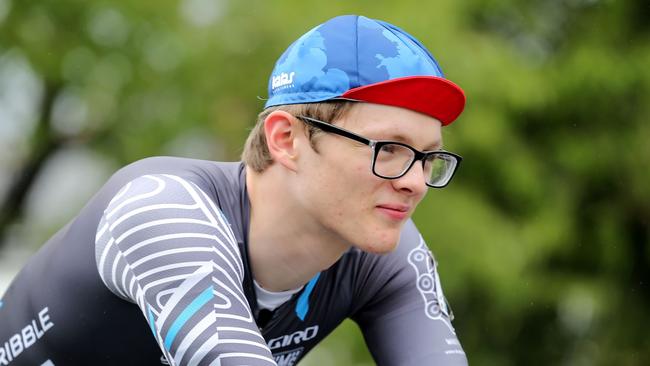
But Thomas had her backers in the NCAA competition. Texas freshman Erica Sullivan said equal rights for transgender athletes “should not be denied”. Others like Kentucky swimmer Riley Gaines, who tied with Thomas in the 200, spoke out against the trans athlete’s participation.
“What are we trying to protect?” Gaines said in an interview with ABC’s Nightline. “If our priorities are fairness, which it should be in sports, why are we completely neglecting that for one person or a small group of people?”
Thomas’s Paris Olympic dreams were most certainly dashed this week soon after swim stars, Olympic medallists Australia’s Cate Campbell and America’s Summer Sanders both made emotive speeches to world swimming officials before the vote on the transgender policy.
“It is my hope that young girls all around the world can continue to dream of becoming Olympic and world champions in a female category prioritising the competitive cornerstone of fairness,” Campbell said in her speech.
“However, it is also my hope that a young gender-diverse child can walk into a swimming club and feel the same level of acceptance that a nine-year-old immigrant kid from Africa did all those years ago.”
After FINA announced the ban – it is the first Olympic sport to adopt such an edict, with the mandate receiving 71.5 per cent support from the 152 national federations – it drew ire from many corners, including Australian Olympic swimmer Maddie Groves.
The Olympic silver medallist, who has regularly advocated for trans issues, was critical of FINA and in part Campbell’s speech calling for “fairness” to the swimming congress.
“So you ban them from competing with their peers?” Groves wrote in response on Twitter.
“You’re OK with ostracising an already marginalised group? Real accepting. There are already gender-diverse people in swimming and I’m guessing they’re not feeling very accepted right now.
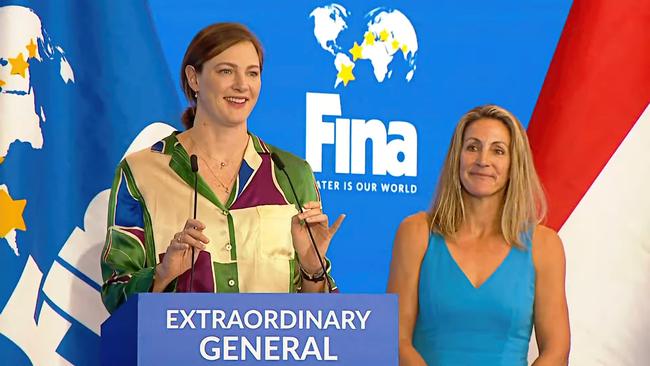
“Shame on everyone that supported this discriminatory and unscientific decision.”
FINA will argue that the science is the very reason why it made to the decision to rule strongly on transgender athletes.
It was not the rise of Thomas that triggered the “trans ban” for the world swimming body. As News Corp’s Julian Linden reports, FINA – with a new administration in play – canvased the opinions of leading swimmers and discovered one of the burning issues was how they wanted to be inclusive of “transgender athletes”. FINA’s new executive director Brent Nowicki, who oversaw the policy development, consulted a raft of scientists and medical experts. It was concluded the fairest way to handle transgender athletes was to rule them out from the female category at an elite level – and consider an “open” category.
Thomas was not the only trans woman athlete to voice her hope of competing on a world stage this year. Trans cyclist Emily Bridges earlier was training and aiming for the Commonwealth Games in Birmingham next month.
Bridges was listed on the British Cycling’s men’s senior academy in 2019 until coming out as transgender in October 2020. Bridges, who like Thomas had satisfied the testosterone requirement to compete as a trans woman in the female category, was due to compete at the British National Omnium Championships. That’s when all hell broke loose.
With Bridges due to debut in the women’s competition, outrage grew and some of her female competitors considered boycotting that championship.
In light of the furore, the Union Cycliste Internationale suddenly moved to block Bridges from riding in elite women’s events.
Bridges didn’t get a shot at qualifying for the Commonwealth Games and now the UCI has tightened its rules.
British Cycling – which previously had allowed transgender and non-binary people to compete – suspended its policy in April after a vote of the body’s board of directors, stating it “poses a challenge to the integrity of racing”.
Last week, the UCI announced trans competitors will be eligible only if their testosterone levels have been 2.5 nanomoles per litre over a 24-month period – a difference from its previous rule of 5.0 nmol/L over 12 months.
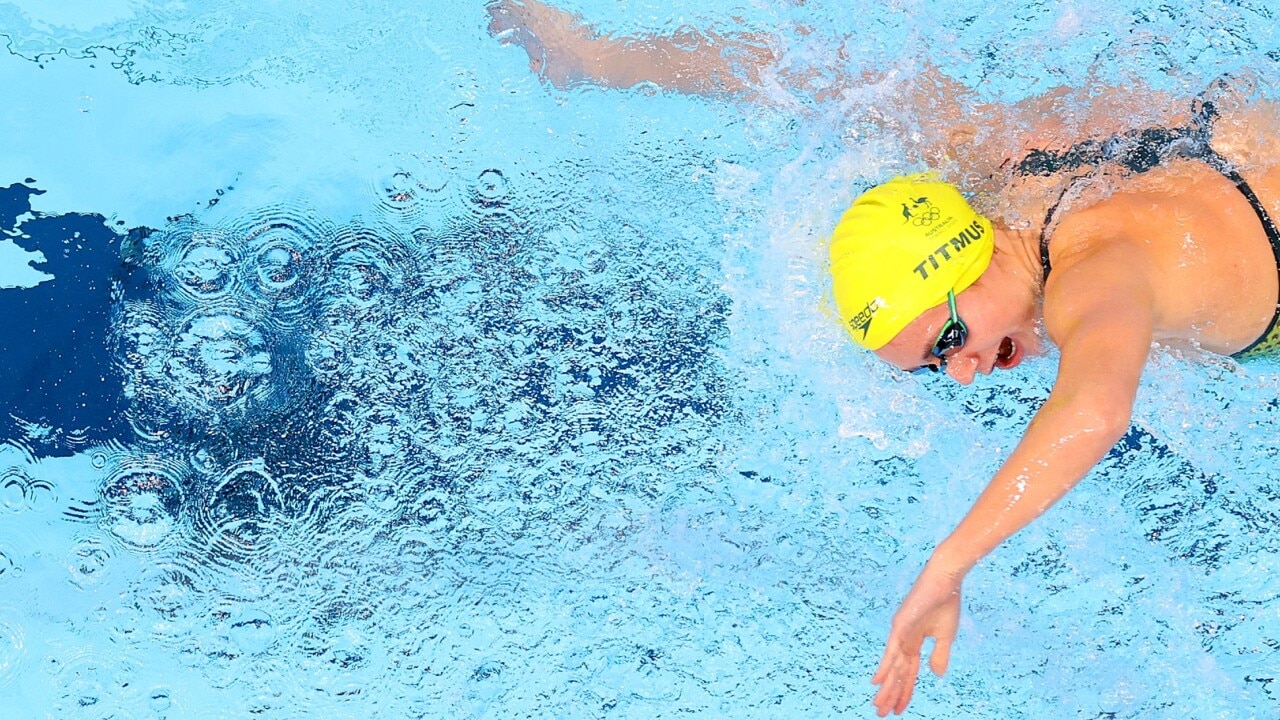
Bridges said she had received an “avalanche” of violent threats – including kneecapping – alleging these comments occurred after British Prime Minister Boris Johnson said “biological males should not compete in women’s sports”.
While many sporting bodies, like the governing bodies of cycling and athletics, have testosterone restrictions for trans women athletes, some sports scientists like Professor Ross Tucker, who consulted for World Rugby and advised it to ban trans women, say this is useless.
“The premise was if we take away male advantage, then we can include anyone in women’s sport and it won’t be unfair,” Tucker told The Weekend Australian in April.
“But the reality is that you can’t do it; there’s an asymmetry that exists between what testosterone does and what happens when you undo testosterone. So whatever it is in our biology that gives males advantages, and it’s many things; it’s a skeleton, muscle, lungs, it’s blood, it’s nerves, tendons, those things don’t disappear.”
While the International Rugby League quickly moved to ban trans women at an elite level this week, the National Rugby League in Australia is still considering its policy with regards to transgender rugby league players playing in NRLW and below at its grassroots.
The governing body would be taking its time, and deep consideration, in finalising what that policy would look like, NRL chief executive Andrew Abdo told The Weekend Australian.
“This is a very complex area, the Australian Rugby League Commission has requested that we engage with consultants and experts and carefully consider what the policy will be at both an elite and grassroots level,” Abdo said.
“It’s not something that can be rushed or should be rushed.”
With the World Netball Federation announcing its medical committee will review its transgender guidelines, recently retired Australian netball captain Caitlin Bassett told The Weekend Australian she believed there needed to be a strict policy at an elite level for transgender athletes.
While she believes netball must be inclusive for transgender children, youth and adults at its grassroots, the elite rules must be deeply considered with “fairness” at the forefront of the policy.
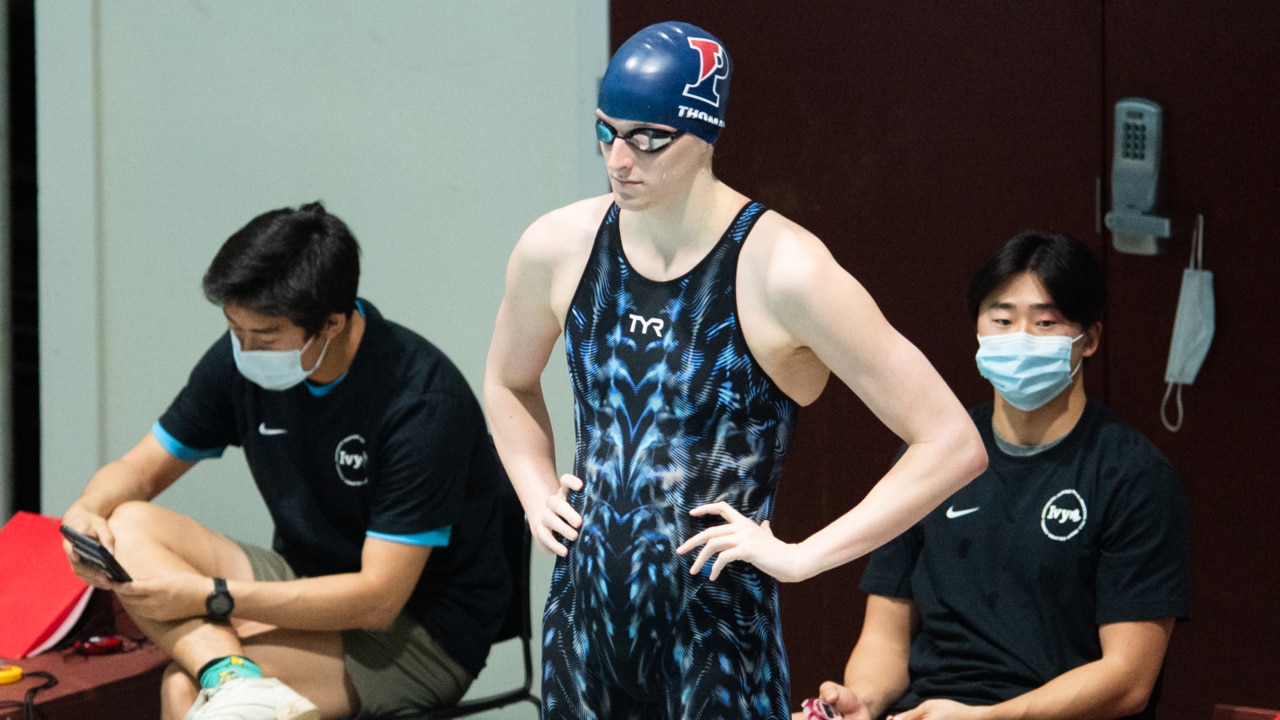
“We need to make sure it is fair for elite athletes,” Bassett said.
“Look at drugs in sport, we want it to be a fair playing field, and I think this comes along the lines of that. If there is a biological advantage, then that must be taken into consideration.
“People in the trans community, are already feeling ostracised, and this debate must be extremely distressing, and excluding them from more things is hardly going to make them feel more comfortable. And I do think at a community and grassroots level we must be inclusive,” she added.
“But as a former elite female athlete who has fought so hard for everything we’ve ever had to have, I am protective of the sport in general.”
As sports scrutinise their policies, Equality Australia’s Brown said both FINA and International Rugby League’s policies “fail” when it comes to human rights and that sports should consider a “case-by-case” approach.
“As International Rugby League and other global elite sporting bodies revisit their policies, they must consult with affected people and provide a detailed explanation of the evidence they are relying upon before they exclude players from the sports they love,” Brown said.
“Given the small number of trans athletes, the international principle of proportionality justifies taking a case-by-case approach rather than imposing a blunt and harmful ban on everyone, no matter their differences.”
One thing is for certain: FINA’s decision is a watershed moment for world sport, and it has potentially changed the game forever.




To join the conversation, please log in. Don't have an account? Register
Join the conversation, you are commenting as Logout